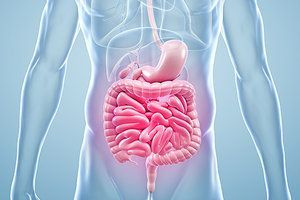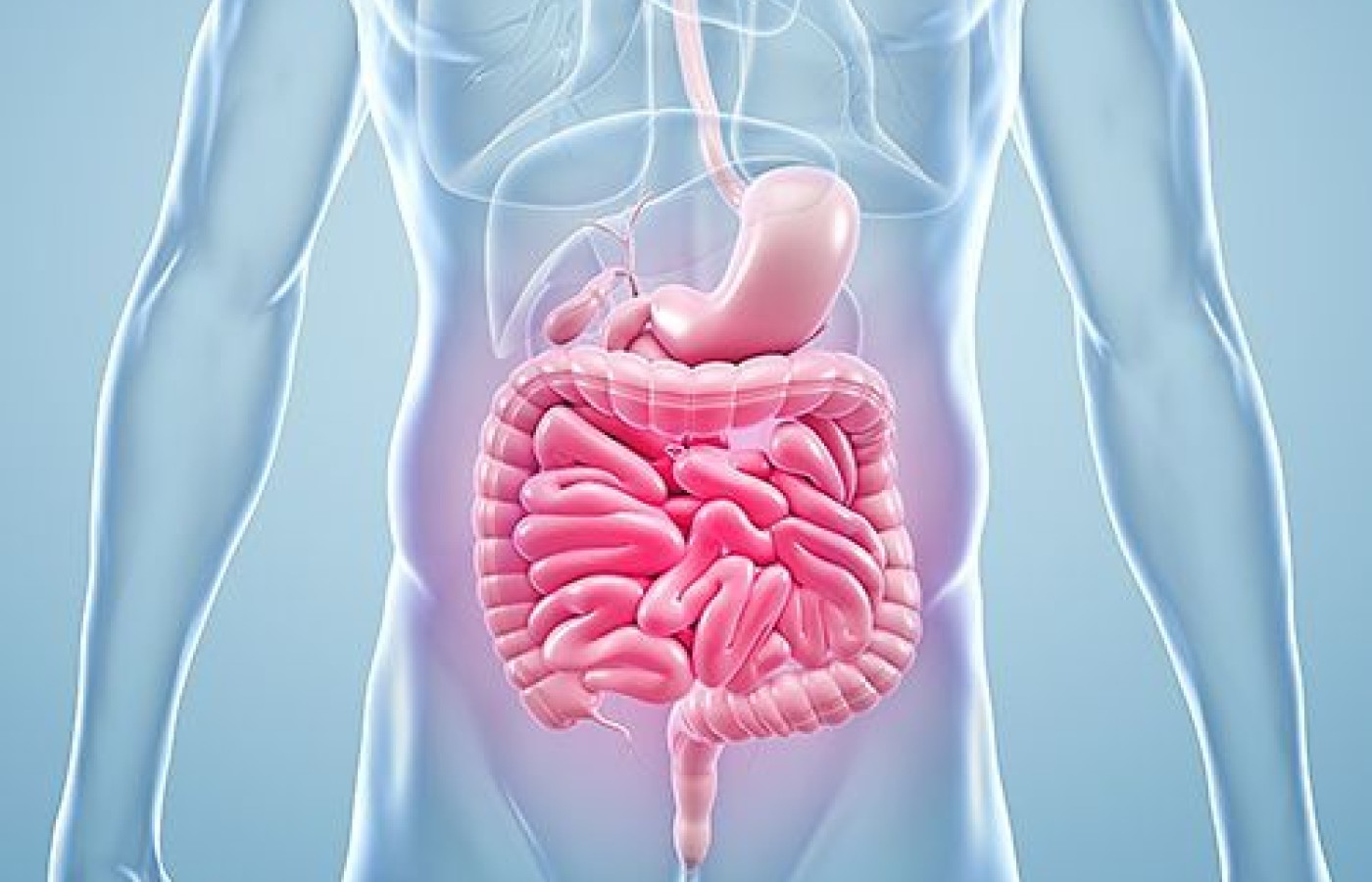The most important relationship I seek to nurture in the treatment room is the one a patient has with their own body. We live in a culture that teaches us to override pain, defer to outside authority, and push through discomfort. Patients often arrive hoping I can “fix” them, but the truth is, we can’t do the work for them. We can offer guidance, insight and support, but healing requires their full participation.
TCM for IBS (Pt. 1)
Irritable bowel syndrome (IBS) is a remarkably common functional gastrointestinal disorder, creating significant stress and discomfort for a startlingly large percentage of the population. It affects 10-22 percent of the general population, with worrisome symptoms including pain, bloating, constipation, diarrhea, disruptive patterns of defecation, and general intestinal unease.
In real terms, 30-600 million Americans deal with these symptoms, and between a quarter and half of such patients are referred to gastroenterology outpatient clinics. Thus, IBS contributes to a reduction in quality of life, social functioning, and ability to work and play.1
Strangely, despite its prevalence and impact on quality of life, IBS is only partly understood. Traditional Chinese medicine (TCM) can be helpful to alleviate symptoms and restore the body and its digestive system to health.
IBS: Presentation and Contributing Factors

In recent years we have seen high-quality research into the various ways IBS manifests, and what its contributing factors might be. It is understood that gut sensitivity results from a neuron imbalance, which prevents systems from functioning smoothly; among the areas scientists have studied are mucosal immune activation, abnormal activity in the GI tract, visceral hypersensitivity, immune dysfunction, and other anomalies that may be either genetic or acquired by the individual.2 Patients present with one of four main subtypes:
- IBS-D; main symptom is diarrhea
- IBS-C; main symptom is constipation
- IBS-M, with mixed symptoms of diarrhea and constipation
- IBS-U, which presents with other symptoms such as stomach cramping
One of the confounding aspects of IBS is that causes appear to be multivariate, and similar symptoms can result from a multiplicity of factors. For instance, psychiatric maladies like anxiety and depression can result in IBS symptoms, and so can more organic brain-gut disorders. A patient may suffer from IBS as a result of a gastrointestinal pathogen, or the permeability of the intestines that may come with aging.
Some patients exhibit visceral hypersensitivity to certain foods, while others are stricken for a period of time, and then find relief for no apparent reason; only have their symptoms return months or even years later. A change in the gut biome, an immune system disorder or even travel can result in IBS. It is not like a rotator cuff or other injury diagnosable via imaging.
Conventional Treatment: Something is Missing
With such a common set of symptoms causing so much discomfort and embarrassment, literally dozens of therapeutic countermeasures have been tried, with some successful for some patients, and for others less successful. One of the most common is dietary adjustment, with patients being asked to keep food diaries and symptom diaries; a dreary project that nonetheless points some patients toward dietary culprits.
Carmilleri and Anderson (2009)3 write that a host of medications have been prescribed to relieve individual symptoms, including adrenergic agonists, opioids, selective anticholinergics, CRF (corticotropin-releasing factor) receptor antagonists, benzodiazepines, antibiotics, and immune system modulators, including steroids. Other pharmaceutical interventions include SSRI antidepressants, antispasmodics, rifaximin, bile acid reducers, and eluxadoline.
None of these interventions is optimal, according to recent patient surveys. None has emerged as the gold standard for treatment, most likely because of the multivariate causes of the disorder.4 Treatment of IBS, therefore, remains frustrating for many patients.
TCM for Irritable Bowel: On the Right Track
To that end, many patients with IBS will seek help from alternative and complementary medical practitioners, sometimes with the cooperation of their Western medicine health care professionals, and sometimes on their own. They are on the right track, as numerous clinical investigations have confirmed the efficacy of TCM in alleviating IBS.
TCM considers IBS symptoms to be the result of a bodily imbalance. At its root may be wind, dampness and heat, or perhaps coldness, sometimes combined with zang fu weakness, in the kidney, spleen or stomach. Other contributing or primary factors include dietary considerations or emotional dysregulation that can create the typical symptoms of IBS, such as stomach pain, bloating, constipation, and/or diarrhea.5
The Spleen and Stomach Diseases branch of the Chinese Society of Traditional Medicine focused on IBS in 2010, describing six main clusters of symptoms. The society noted intestinal dryness and heat, a deficiency of yang in the spleen and kidney, dampness obstruction coupled with spleen deficiency syndrome, damp-heat in the stomach and spleen, qi stagnation or liver depression, liver depression and spleen deficiency syndrome. Note: As Song, et al. (2020)1 point out, this classification omitted IBS-C and IBS-D, and did not address another common TCM diagnosis with IBS, which is spleen-yang deficiency syndrome.
Editor's Note: Complete references supporting the citations in this article accompany part 2, scheduled to appear in the October issue. Pt. 2 discusses TCM formulations, acupuncture and the mind-body connection to IBS.



